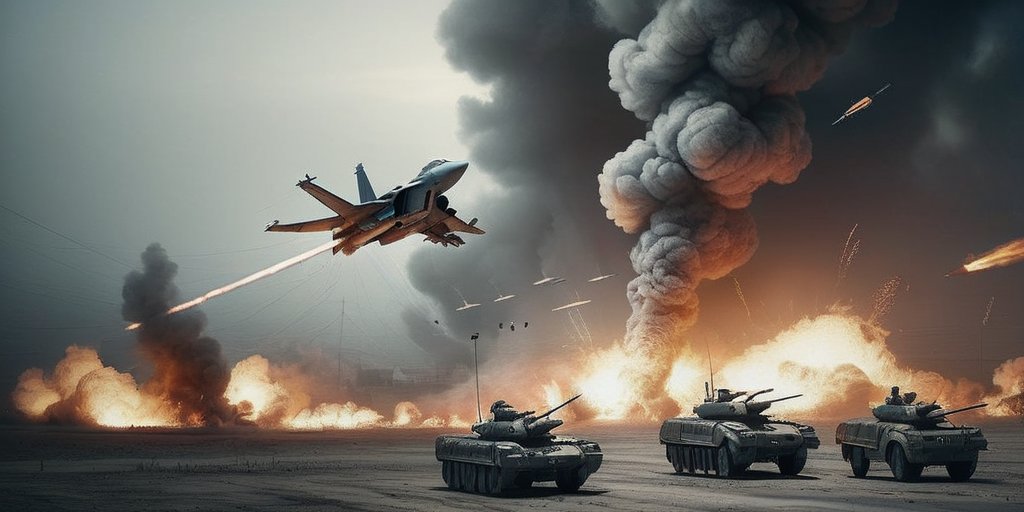The ongoing conflict between Israel and Iran has escalated dramatically following the start of strikes on Friday, signaling a new chapter in their long-standing rivalry. President Donald Trump now faces a pivotal decision regarding U.S. strategy and support in this increasingly volatile situation.
The conflict began when Israel launched attacks on various nuclear and military sites across Iran, including the critical Natanz nuclear facility and other military infrastructures. Israeli Prime Minister Benjamin Netanyahu justified these actions through claims that if not addressed, Iran’s nuclear capabilities could reach a point of immediate threat to Israel’s security. He referred to the operation as ‘Operation Rising Lion,’ stating that the strikes targeted the “heart” of Iran’s nuclear program.
In retaliation, Iran executed missile strikes aimed at Israeli military bases, showcasing its capacity to respond militarily. The Iranian government called these actions ‘True Promise 3’, which were directed at multiple locations in Israel. Despite interception efforts by Israel’s Iron Dome defense system, the situation resulted in numerous casualties on both sides, with reports indicating over 220 deaths in Iran and 24 in Israel due to the ensuing violence.
A recent missile strike on a hospital in Beersheba further fueled tensions, highlighting the civilian impact of this exchange. This was accompanied by an Israeli attack on the Arak nuclear reactor, which Israel claims was necessary to prevent Iran from potentially revamping its ability to produce plutonium, a key component in nuclear weapons.
As the conflict unfolds, President Trump finds himself at a crossroads. The U.S. military is already engaged in protecting Israel from Iranian missiles, and Trump is considering whether to escalate U.S. involvement. Specifically, he is weighing options that might include strikes on Iranian infrastructure, particularly nuclear sites, utilizing the U.S.’s sophisticated arsenal.
Throughout this crisis, Trump has positioned himself vigorously against Iran, publicly calling for its “unconditional surrender” while also discussing strategies with Netanyahu regarding ongoing military operations. However, the situations come with significant geopolitical risks, especially with Iran’s leaders threatening retaliation should U.S. forces become directly involved.
The backdrop of this operation reflects deeper historical tensions and an ongoing series of conflicts. This latest wave of aggression comes at a time when previous diplomatic engagements concerning Iran’s nuclear ambitions appear stalled, with both nations preparing for further confrontations.
As it stands, the consequences of these military actions could extend far beyond regional instability, possibly drawing in other nations and altering the dynamics of international relations in the Middle East. President Trump’s next steps will be closely monitored as the world grapples with the ramifications of this escalating conflict.
